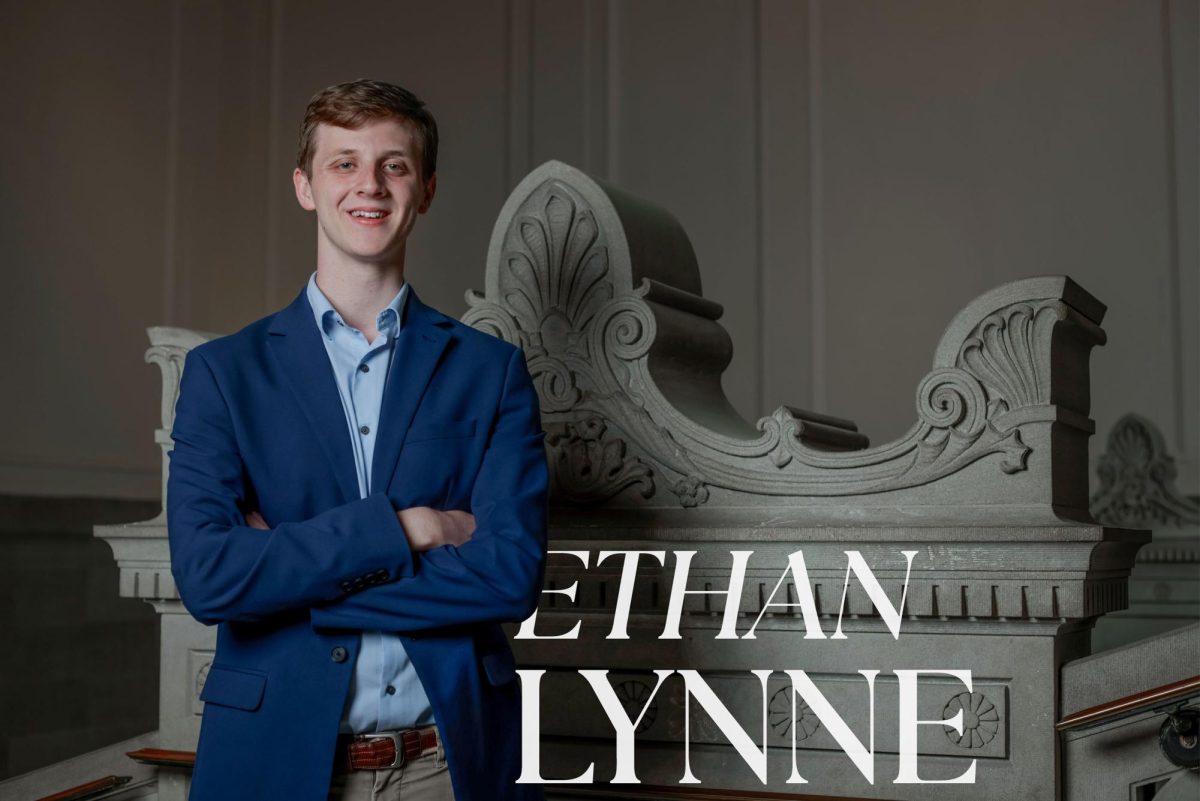The University’s endowment lingered at $1.3 billion at the end of the fiscal year, a plateau that one top official called “stable” in a tough economic terrain.
The endowment – which funds academics, financial aid and construction projects – recovered from a $50 million hit last February, bolstered by investments in a solid D.C. real estate market this spring, Executive Vice President and Treasurer Lou Katz said.
“The way I look at it is, when you’ve had rough markets like we’ve had, to be stable is a victory,” Katz said. “We’re pleased with the performance, and it’s not negatively impacted the University at all. In fact, it continues to be a good source of income to the University.”
After a two-year, double-digit growth spurt that helped revive post-recession finances, the endowment’s growth steadied at the end of the fiscal year, which ended June 30, reflecting a slowdown at universities nationwide.
Katz said the University made only “incremental” changes to its investment portfolio this year. University spokeswoman Candace Smith said GW’s financial officers have sought to build up the endowment with equities rather than bonds that bring in little interest.
Low interest rates have been a factor in the University’s overall financial strategy, helping finance construction projects like the $275 million Science and Engineering Hall.
The University has kept about half of its investments in U.S. stocks, despite the dragging market. The Dow Jones Industrial Average rose only 2.4 percent during the University’s last fiscal year, compared to a 29-percent surge between the summers of 2010 and 2011.
Katz added that the endowment, which also has investments tied up in foreign assets like Brazilian bonds, still provided a comfortable payout for the University to spend. The Board of Trustees set the payout at 5 percent of the endowment, or $65 million, in May – on par with payouts of past years. The payout from the endowment covers about 7.5 percent of the University’s annual operating expenses, including financial aid and salaries.
Sluggish endowment growth came during a record-breaking fundraising year for the University. Katz said GW pulled in about $10 million in endowed gifts – similar to recent years – which are poured into the endowment for investment to pay out over time. The University raised $120 million overall, much of which immediately funds programs and construction projects.
Katz said the University was forward-thinking in anticipating slower annual endowment growth after the global financial crisis that started in 2008 and has since strained the U.S. and Europe. He pointed to the emergence of the Innovation Task Force, which aims to double the impact of endowment funds through cost-cutting strategies.
The ITF, championed by University President Steven Knapp since its 2009 launch, works to find $60 million annually in savings and revenue to put toward academics and research.
Using its 29-percent endowment growth since July 2009, the University has “invested in ourselves,” Katz said, increasing faculty hires, greenlighting construction projects and adding financial aid.
The endowment grew 12 percent and peaked at $1.3 billion by the end of last fiscal year.
Some of GW’s peer institutions have trumped its endowment growth in recent years, with Northwestern, New York University, Duke and Washington University in St. Louis all landing on Forbes’ list of the 25 fastest-rising endowments last year.
Ken Redd, director of research and policy analysis at the National Association of College and University Business Officers, said while he could not speak to the University’s financial outlook specifically, the endowment’s year-to-year stillness this year mirrored that of other colleges and universities.
“In general, we know endowments have been holding pretty steady overall since the financial crisis,” Redd said.
Redd added that while many universities are still struggling to rebuild slumping endowments, institutions must see growth to maintain their standings.
If endowments fail to rise with inflation, Redd said, a university would ultimately “[draw] more money from a pool that hasn’t grown,” consequently “eating into the endowment.”
Cory Weinberg contributed to this report.





